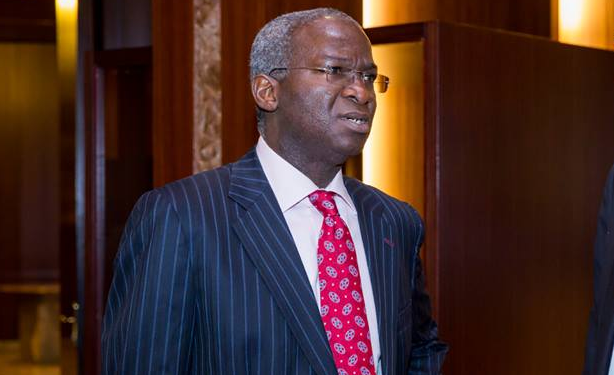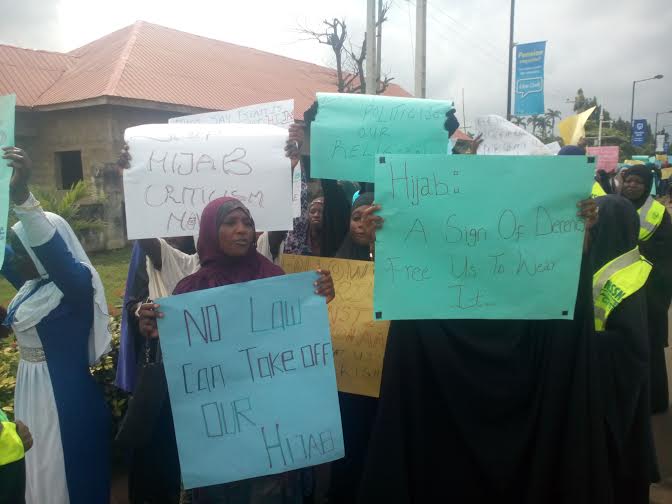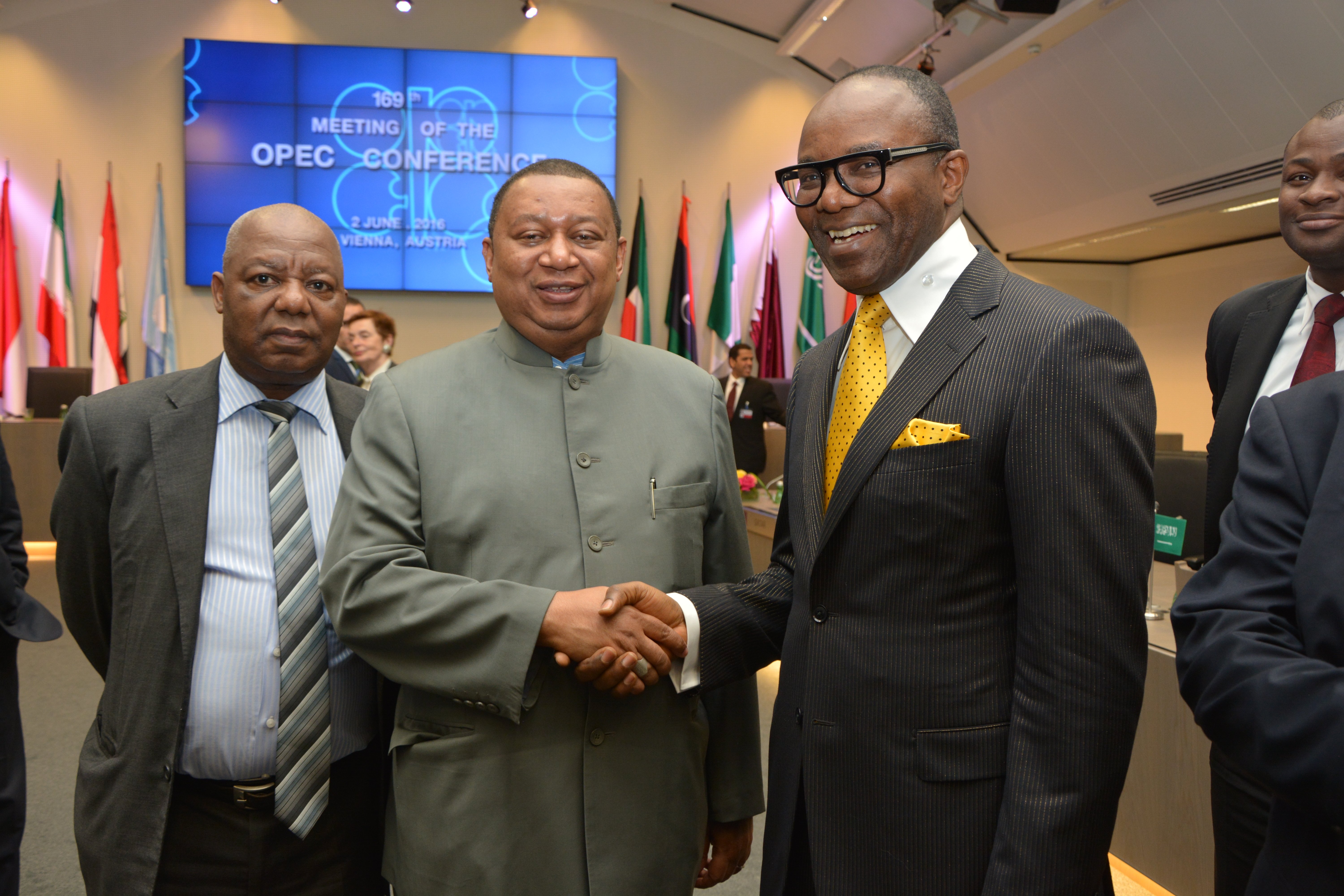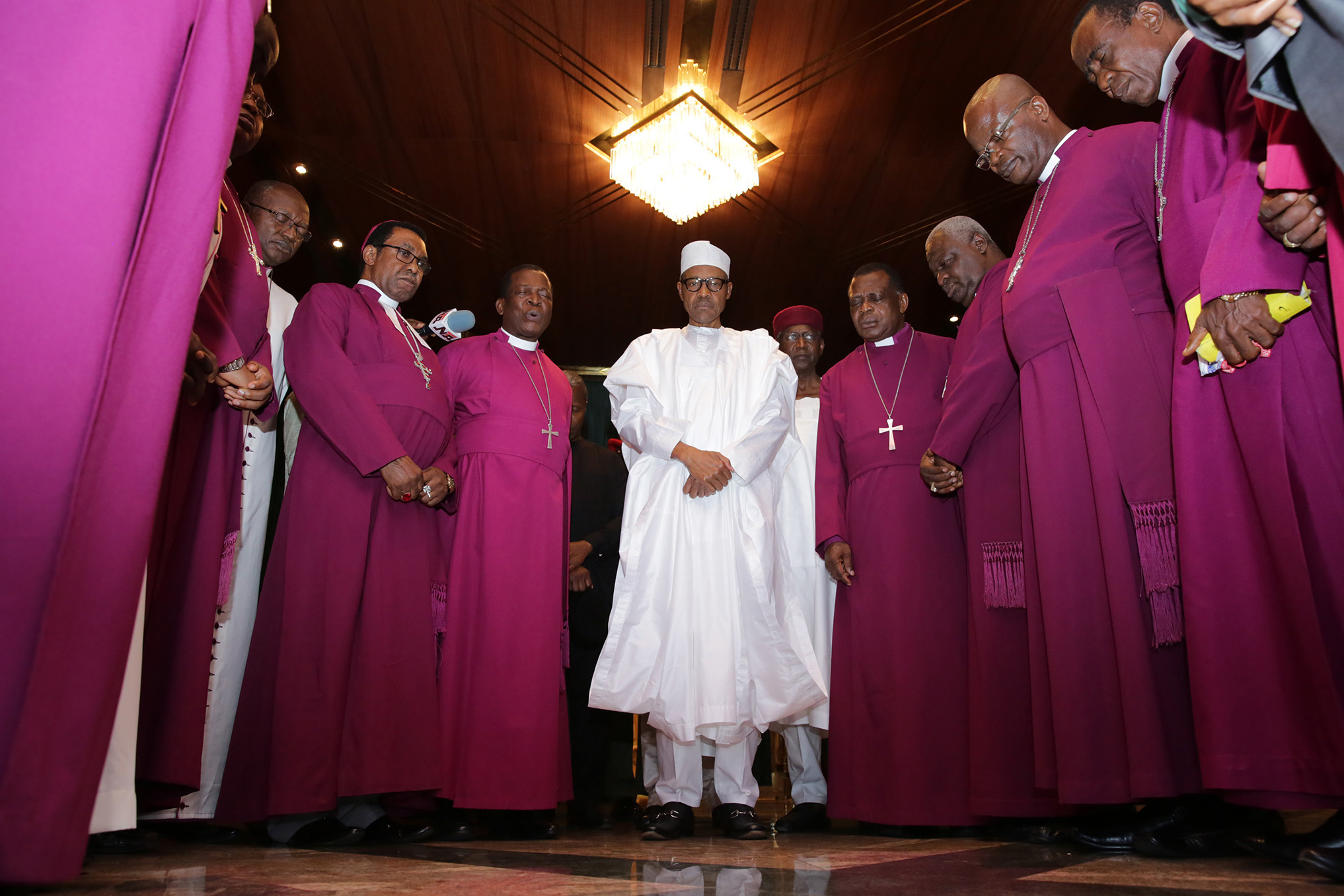As inspired by the United Nations and observed by many countries around the world on different dates, Nigeria marks May 27th for the celebration of childhood, which is regarded globally as children’s day.
Usually, the day is celebrated with fanfare and inspiring actions and commitments by government at various levels which are geared towards proferring solutions to the myriads of problems faced by Nigerian children.
But this year’s children’s day, completely far away from the optimism and fervent excitement that are synonymous with the important date and the previous celebrations in Nigeria, was evidently a sober experience.
Nigerian children would probably never have been in such a depressing and pessimistic mood as this moment. Children, by common knowledge, are incapable of securing and fending for themselves and that’s why questions about their well-being; actions and inaction are often directed to parents, guardians and governments who bear capability and responsibility for their upbringing.
Advertisement
A good example of this responsibility can be gleaned from the state’s commitment to the social contract to the people in many advanced democracies of the world which have robust welfare policies like monthly child’s stipends, housing priority and benefits for mothers including adequate healthcare and education which are normally provided free at the early stage of development of every child.
Nigeria has, for so long, earned the shameful reputation of waffling on the policies and actions that directly affect the most vulnerable of her citizens. The manner in which over 200 girls were abducted from their school in Chibok, northern Nigeria and are still being held in captivity by the evil Boko Haram sect, for over two years now, tells so much about the duty of the government to the governed in Nigeria.
Nonetheless, the Nigerian government, more than ever before, should take a more serious look at the 45 percent of its population which according to a United Nations Children Fund (UNICEF) report, are children with 70 percent of them living below the poverty line and the lives of a good number of them often shortened by high rate of infant mortality and preventable diseases.
Advertisement
Though nothing would have been more fitting than a renewed collaborative and bottom-up approach at all levels of government, involving the federal, state and local governments, in addressing the challenges of the Nigerian children, the fiscal indiscipline so far shown by many states of the federation has unfortunately made the matter worse for the children whose parents or guardians are presently at the mercy of the states that can’t pay workers’ salaries.
Right now, there are pockets of industrial strikes across the country over non-payment of salaries by states that are owing workers salaries of about 3 to 10 months. Even after the federal government provided a bail-out to many of these indebted states, their workers and children are still groaning under pernicious conditions of lack and want.
In fact it became so unbearable for workers of Egor Local Government Area in Edo State during last Christmas that they took to the streets to beg for alms to celebrate the yuletide season and provide for their wards.
It therefore didn’t come as a surprise when the despatches from this year’s children’s day were filled with tales of woes and the agonies of the Nigerian children. And the atmosphere was occupied with discomforting conversations on the way forward by the federal government to usher in a country where the future of the younger generation will be well nurtured, secured and prepared to contribute to a greater Nigeria.
Advertisement
Yes, the government has promised to enthrone change that will impact positively on the lives of every Nigerian child amongst other development frameworks for the nation, and President Buhari further validated this in his 2016 children’s day address.
“On this happy occasion for our children, I reaffirm my belief that it is the right of every Nigerian child to have access to quality and affordable education, as well as healthcare and other basic necessities for a good life, in a peaceful and secure environment. The good health and well-being of children remain a top priority on our agenda for national development and we have demonstrated our strong commitment in this regard with the allocation of N12.6 billion in the 2016 budget for vaccines and programmes to prevent childhood killer diseases such as polio, measles and yellow fever. Other measures in the 2016 budget, such as the school feeding programme for children at a cost of N93.1 billion, will ensure that more children go to school and enjoy the fun of learning and growing together with their peers. Despite the current economic and funding challenges facing our dear nation, my administration will continue to do all within its powers to achieve better living conditions and greater access to quality healthcare and education for all our youth,” he said.
But as much as many Nigerians are never in doubt on the resolution of the President to match his talk with action, the delay in delivery is consistently standing in the way of continuing trust and confidence in his policy; and affecting the coordination of the lives of millions of Nigerians, particularly the children, who have waited on this government for succour.
Basically, prolonged promises are never a substitute for palpable palliatives. This is a juncture one hopes this government will swiftly move the wheel of governance towards the popular will.
Advertisement







